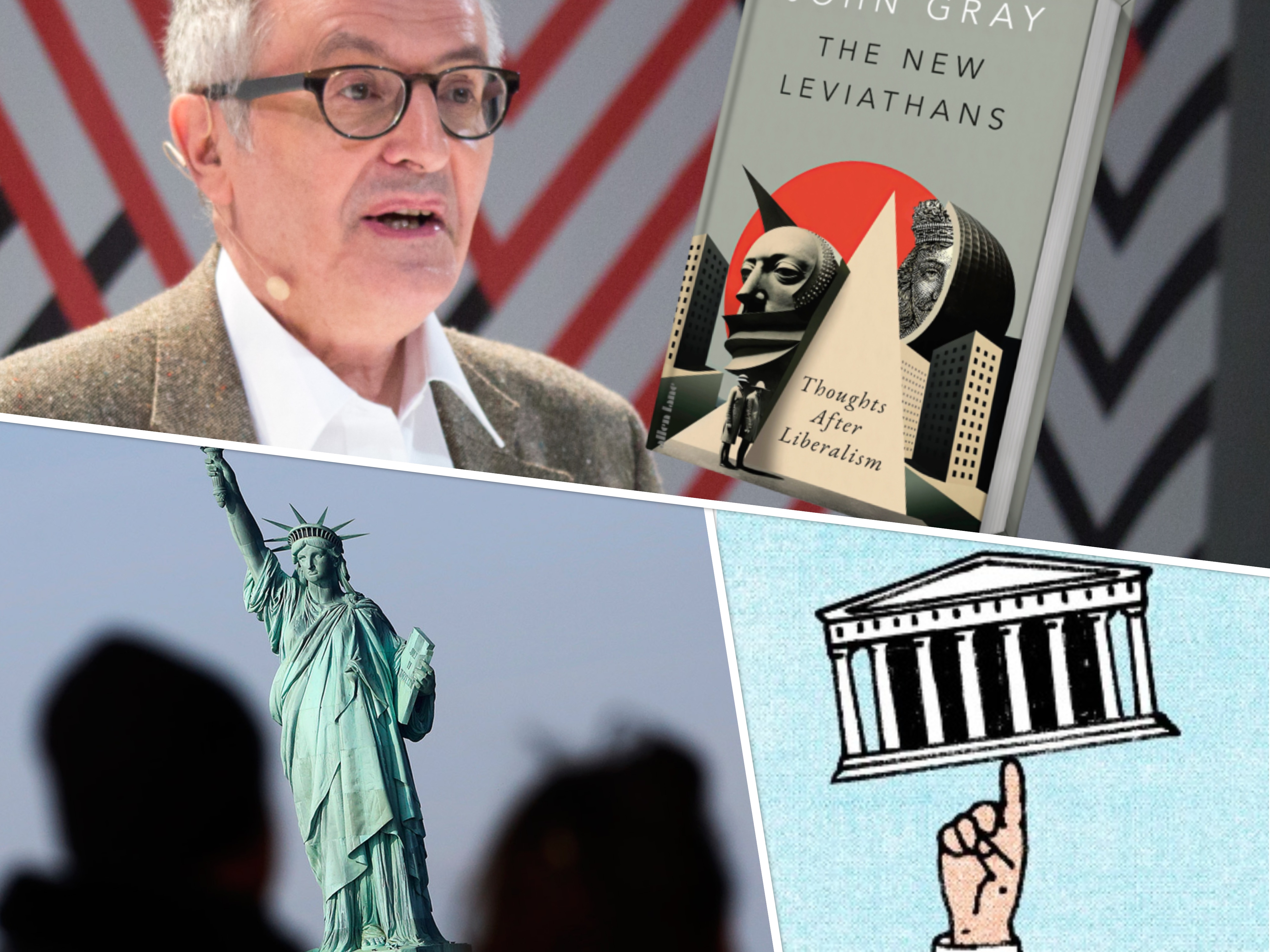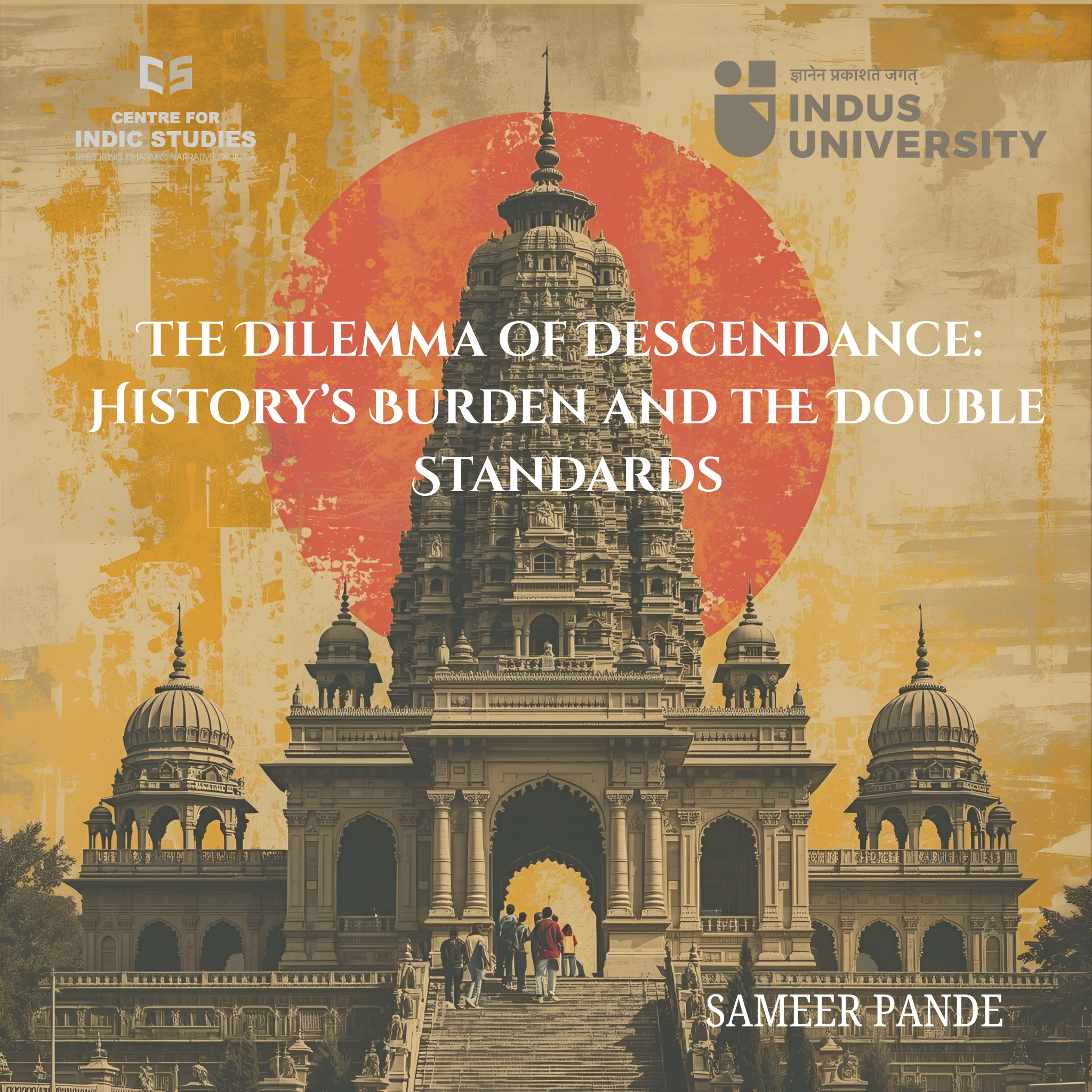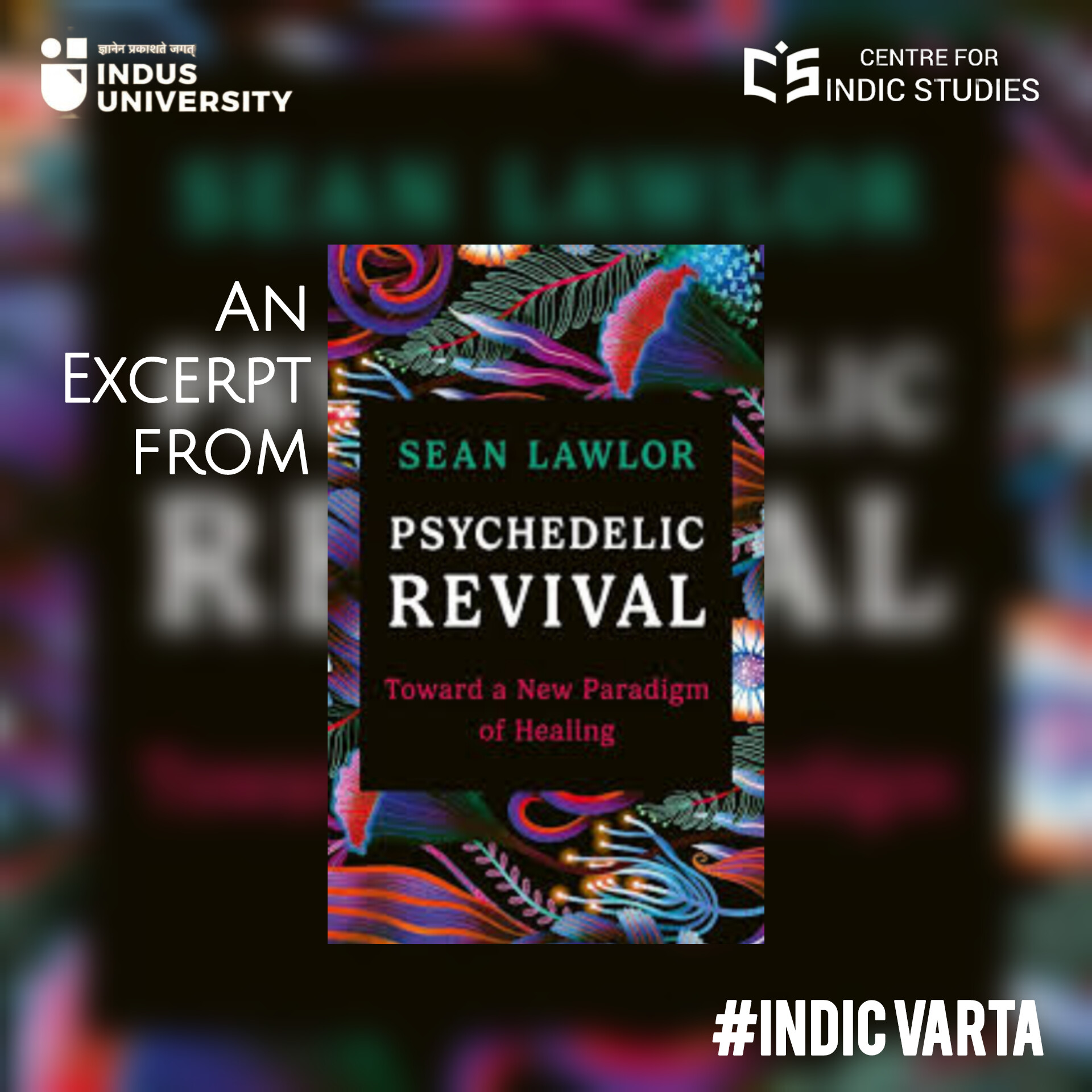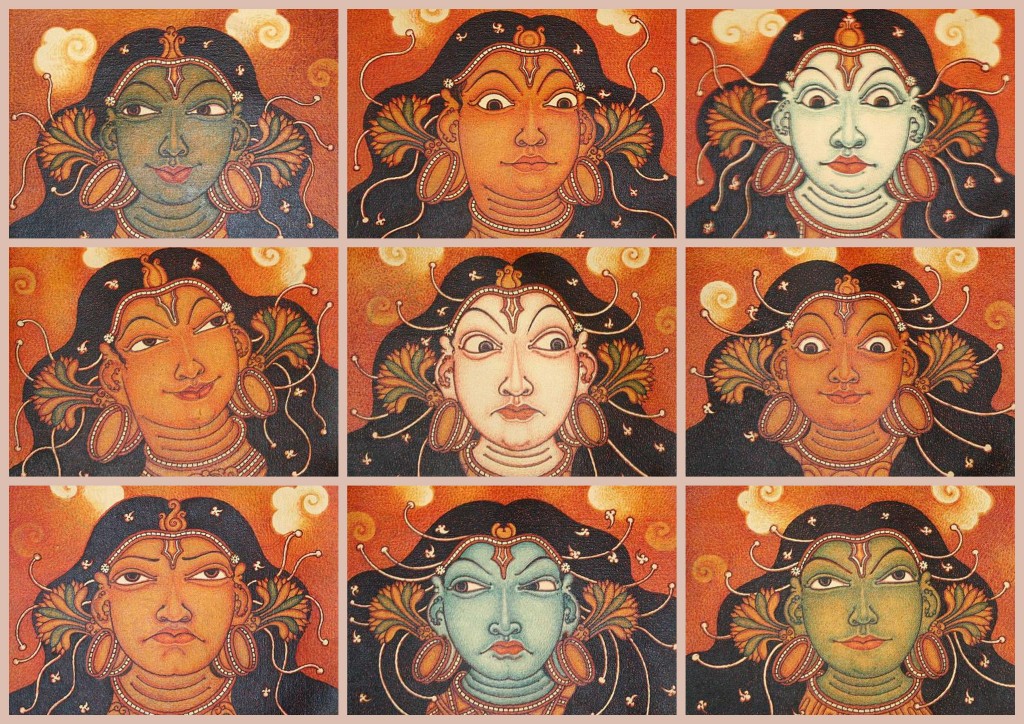- Visitor:52
- Published on: 2024-07-01 12:19 pm
Is Liberal Legalism replacing Politics and Culture?
In the United States …every moral and political dispute is cast in the legalistic idiom of rights discourse. Accordingly, the courts, and for that matter the entire procedure of judicial review, have become theatres of doctrinal conflict … Litigation substitutes for political reasoning, and the matrix of conventions, subterfuges, and countervailing powers on which any civil society must stand are weakened or distorted … [by] the political self-assertion of collective identities, each of which seeks privileges and entitlements which cannot in their nature be extended to all … it is not hard to see the United States as heading for an Argentine-style nemesis, in which economic weakness, over-extended government and doctrinal excess compound with each other to lay waste the inheritance of civility.

Force, and
fraud, are in war the two cardinal virtues- Leviathan, Chapter 13
It seemed clear
to one observer, writing in 1989, that the American experiment in rights-based
liberalism was heading for a fall:
In the United States …every moral and political
dispute is cast in the legalistic idiom of rights discourse. Accordingly, the
courts, and for that matter the entire procedure of judicial review, have
become theatres of doctrinal conflict … Litigation substitutes for political
reasoning, and the matrix of conventions, subterfuges, and countervailing
powers on which any civil society must stand are weakened or distorted … [by]
the political self-assertion of collective identities, each of which seeks
privileges and entitlements which cannot in their nature be extended to all …
it is not hard to see the United States as heading for an Argentine-style
nemesis, in which economic weakness, over-extended government and doctrinal
excess compound with each other to lay waste the inheritance of civility.
The same
observer, writing in 1992, suggested that the nemesis might come via conflict
over abortion:
If the
theoretical goal of the new liberalism is the supplanting of politics by law,
its practical result – especially in the United States … – has been the
emptying of political life of substantive argument and the political corruption
of law. Issues, such as abortion, that in many other countries have been
resolved by a legislative settlement that involves compromises and which is
known to be politically renegotiable, are in the legalist culture of the United
States matters … that are intractably contested and which threaten to become
enemies of civil peace.
The new
liberalism to which I referred was articulated in the writings of the American
philosophers John Rawls and Ronald Dworkin. The details of their philosophies
have little interest. Rights-based liberalism is as remote from
twenty-first-century realities as medieval political theory, if not more so.
History has
passed by any idea that law can insulate liberal values from political
contestation. A bill of rights may be useful in codifying liberties and
entitlements, but it will be viable only insofar as it expresses values that
are widely shared in society. When there are deep and abiding ethical
divisions, rights are overturned by the political capture of the judiciary.
After decades of activism by ‘right-to-life’ groups, this has been the result
in America. The next stage, no less predictable, is a breakdown of law.
Liberal rights
are political projects promoted by the use of state power. Westward expansion
in the United States involved assaults on indigenous peoples that at times are
hard to distinguish from genocide. Market capitalism did not emerge
spontaneously, in a process of voluntary exchange, from feudalism. The free
market was a construction of the state, which enclosed common land and
expropriated smallholders. In being imposed from above on recalcitrant
populations, nineteenth-century capitalism had much in common with
twentieth-century communism. As Hobbes wrote in the Conclusion of Leviathan,
‘there is scarce a Commonwealth in the world, whose beginnings can in
conscience be justified.’
Liberal legalism aimed to replace politics by the
adjudication of rights. But, whereas politics can never be a branch of law, law
can become a branch of politics. Conflicts of rights reflect divergent
understandings of the human good, which cannot be resolved by legal
arbitration. Abortion is one such conflict. Attempting to de-politicize the
issue politicizes law and turns politics into a mode of warfare.
When Roe v Wade
– the 1973 Supreme Court decision ruling that the American Constitution protects
a woman’s freedom to have an abortion – was revoked in June 2022, around two
dozen states prohibited the practice, some of them in cases of rape and incest,
while exposing doctors and health workers who facilitate the procedure to
criminal charges. The Court is not prohibiting abortion. It is devolving the
issue to Congress and state legislatures. But conservative judges may go on to
challenge contraception and same-sex marriage as well. A moral
counter-revolution is being mounted by means of the political capture of the
American judicial system.
A school of
anti-liberal ‘integralism’24 welcomes this move. The foundations of the
American regime are in the Christian religion. The last church to have a
special relationship with the state, the Congregationalist Church in
Massachusetts, was disestablished in 1833. Yet Christian values continue to be
widely authoritative if not often practised. When these values are unmoored
from their theological matrix, they become inordinate and extreme. Society
descends into a state of moral warfare unrestrained by the Christian insight
into human imperfection.
Liberalism is
self-undermining in precisely this way, but the vision of an American
integralist regime is chimerical. Several European democracies have established
churches. In Denmark, Finland, Spain, Austria and Portugal there is a more or
less formal marriage between the state and a particular church. The British
state contains two established churches – the Anglican Church of England and
the Presbyterian Church in Scotland. All these countries are less divided by
issues originating in religious belief than the US.
In America at
the present time, an attempt at unifying church and state can only heighten
divisions. Any such project would be resisted at many levels of government.
Awash with guns and with large numbers ready to use them, the country could
slide into a chronic condition of low-intensity civil war. The US would be a semi-failed state possessing formidable military
capabilities and leading in some advanced technologies, but consumed by
internecine doctrinal enmities.
Whether the
Supreme Court’s judgment on Roe was legally correct is unimportant. Whatever it
decided could not end conflict over abortion. Framed as a contest between
rights to life and choice, the dispute is irresolvable. If one wins, the other
loses. In the US, neither side is ready to concede defeat.
Whether the
Constitution gives any guidance on abortion is questionable. Even if it does,
the Constitution’s authority is strictly local. Rawls and Dworkin aim to show
that American jurisprudence presupposes liberal rights. But of what interest is
such a deduction beyond American shores? Without some foundation beyond
American history and practice, liberal legalism is Lockeanism in one country – a
country that is profoundly divided.
Locke’s
philosophy of rights begins with a theological proposition: human beings are
God’s property. Contrary to a legend propagated by the libertarian Robert
Nozick, there is no right of self-ownership in Locke, who wrote in the Second
Treatise of Government, Section 6:
… for men being
all the Workmanship of one omnipotent and infinitely wise Maker; all the
servants of one Sovereign Master, sent in to the world by his order and about
his business, they are his property, whose workmanship they are, made to last
during his, not one another’s pleasure …
Locke’s belief
that human beings belong to God precludes any right to abortion or to suicide.
In his Essay Concerning Human Understanding (Book 1, Chapter 3, Section 19),
where he described abortion as one of the most immoral acts, Locke argued that
human beings have an immortal soul that belongs to its Creator. The lives of
human beings are not theirs to begin or end.
Against this
view, Hobbes asserted that women have dominion over their bodies and therefore
over their offspring. In De Cive, Chapter 9, he wrote:
… Amazons have
in former times waged war against their adversaries, and disposed of their
children of their own wills, and at this day in diverse places, women are invested
with the principal authority … the child is therefore his whose the mother will
have it, and therefore hers; wherefore original dominion over children belongs
to the Mother …
Hobbesian logic does not require accepting any particular view of abortion, even Hobbes’s. The goal is not agreement, but modus vivendi. A legal framework governing abortion can only be reached by a political settlement, periodically renegotiated. The same applies to issues around assisted dying, sexuality and gender. When society is divided on such questions, the attempt to resolve them by inventing and enforcing rights is fatal to peace.
Bibliography:
Gray,
J., 2023, Warring rights, The new Leviathans: thoughts after
liberalism, p. 103.
Center for Indic Studies is now on Telegram. For regular updates on Indic Varta, Indic Talks and Indic Courses at CIS, please subscribe to our telegram channel !
- 26 min read
- 1
- 0










